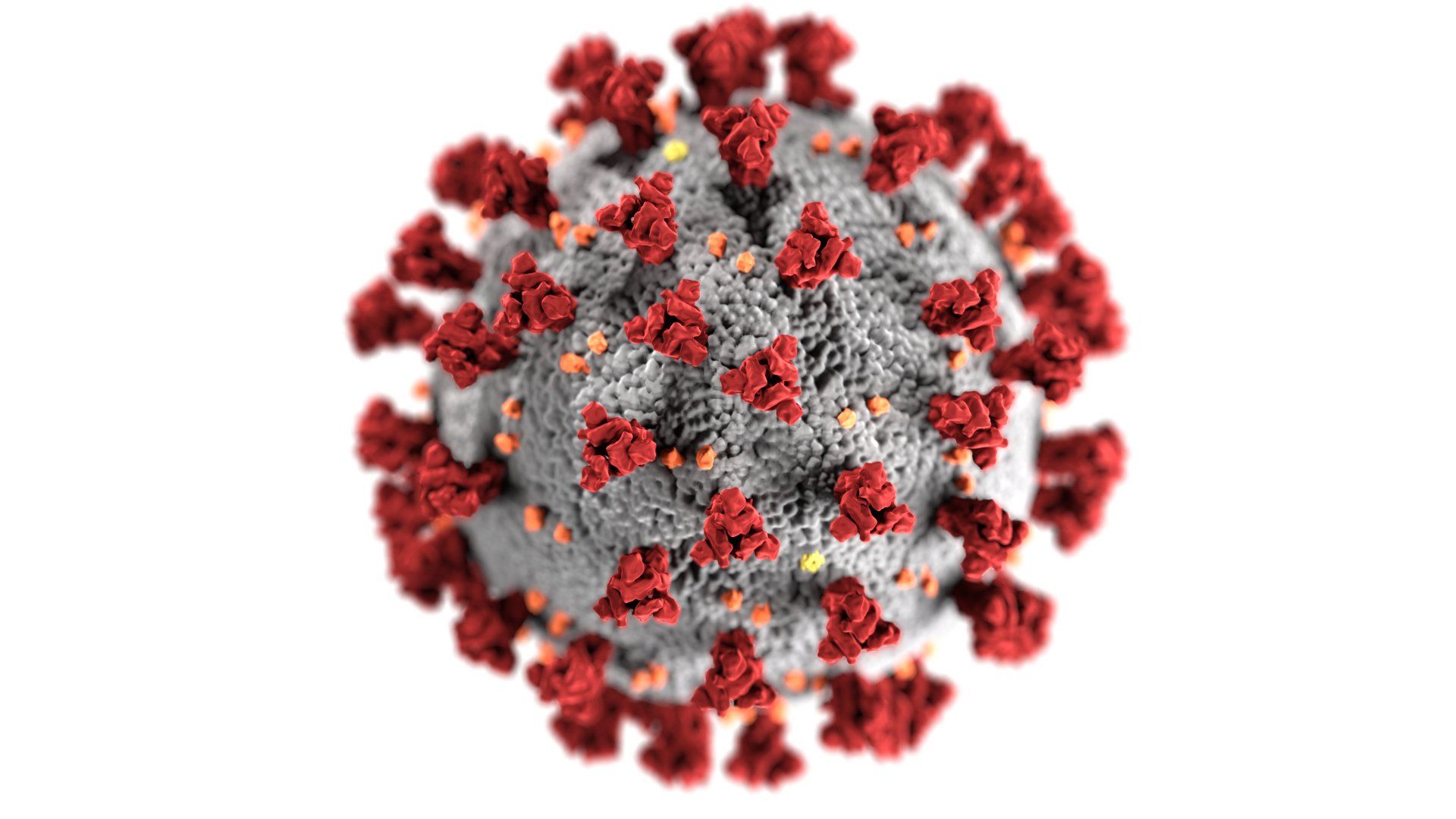Dispelling Myths about Spaying and Neutering
Myths Answered About Spaying and Neutering Your Pet
Myth #1: It is better for my female dog to have a litter before I spay her.
This is an absolute no, absolutely not. All the medical evidence suggests a dog should be spayed before her first heat. To begin with, it is much easier for her to undergo this procedure at a younger age and it is an easier surgery at that time. A second reason to spay or neuter your pet is due to the #1 problem in nationwide shelters is overpopulation. By spaying or castrating you animal, you have chosen the responsible thing to do, given the magnitude of the problem in this country. A third reason to spay your pet is to limit the incidence of mammary gland cancer. Research shows that spaying prior to the first heat cycle virtually eliminates the risk of you dog developing mammary cancer at an older age.
Myth #2: I should I let my dog have a heat before I spay her.
Medically, it’s better to spay your dog before her first heat. It greatly reduces the risk of mammary tumors. With every heat cycle, the chances of developing mammary tumors increases to one out of four. Another health risk is a pyometra, which can happen at any age, whether she has been bred or not. With a pyometra, the cervix closes after the heat cycle. At this point, any bacteria that has migrated into the vagina begins to overgrow, filling the uterus with infection. Pyometra is an important disease to be aware of for any dog owner due of the sudden nature of the disease and the deadly consequences if left untreated. It is often compared to acute appendicitis in humans.
Myth #3: Dogs and cats get lazy or gain weight once you spay or neuter them.
The truth is that pets gain weight because their owners feed them too much or don't give them enough exercise, not because they are altered. The weight gain that people may witness after a spay/neuter surgery is most likely caused by continuing to feed a high-energy diet to a pet that is reducing its need for energy as it reaches adult size. It is true that a pet's metabolism will slow a bit after being spayed or neutered, but this is anticipated and can easily be accounted for when figuring out how much to feed your pet. Exercise, in the form of play, can help encourage activity to keep the weight off and the muscles strong. Exercise can increase the quality time spent with your pet along with socialization. This helps to develop a calmer, more assertive dog. There is some medical evidence to show that a dog's metabolism will also slow down once he or she is altered. To account for this, it is recommended to feed approximately 80% of the recommended amount on the packaging.
Myth #4: My pet needs to be at least 6 months old to be spayed or neutered.
We recommend spaying and neutering dogs and cats at 4 ½ months of age, once they are fully vaccinated. Puppies and kittens recover a lot faster than adults. The procedure is also easier to perform and carries slightly less risk when performed in younger animals. There is no medical evidence to support waiting until the animal is 6 months or older to alter. The six month age was an arbitrary number that was followed as a guideline many years ago and is no longer the recommended standard.
Myth #5: My pet will have a behavioral change once spay or neutered.
Spaying or neutering is not going to affect your dog’s desire or ability to protect your home or protect you. Guard dogs are trained to be guard dogs. Their behavior is a function of genetics, instinct, environment, and training. Male pets do not have any concept of sexual identity or ego. Neutering will not change a pet's basic personality. He doesn't suffer any kind of emotional reaction or identity crisis when neutered. One thing that is true in regard to the decreased hormone levels is that neutered pets have less desire to roam, mark territory, or exert dominance over other pets. Sterilized pets are proven to have negative behaviors eliminated such as: roaming, irritability, aggression, frequent urinations, and bleeding.
The facts are simple—spaying and neutering saves lives.
There are just too many pets and not enough homes. It is one of the most important decisions you can make for your pet. Not only does it help him or her live a happier, healthier life, it will save the lives of many others.
This article was submitted by Amanda Bell, R.V.T.
edited by Jeffrey R. FInk D.V.M.
On behalf of Orrville Veterinary Clinic, Inc.
In addition, you may click on the embedded hyperlink to read more about " What Happens During a Spay? "












